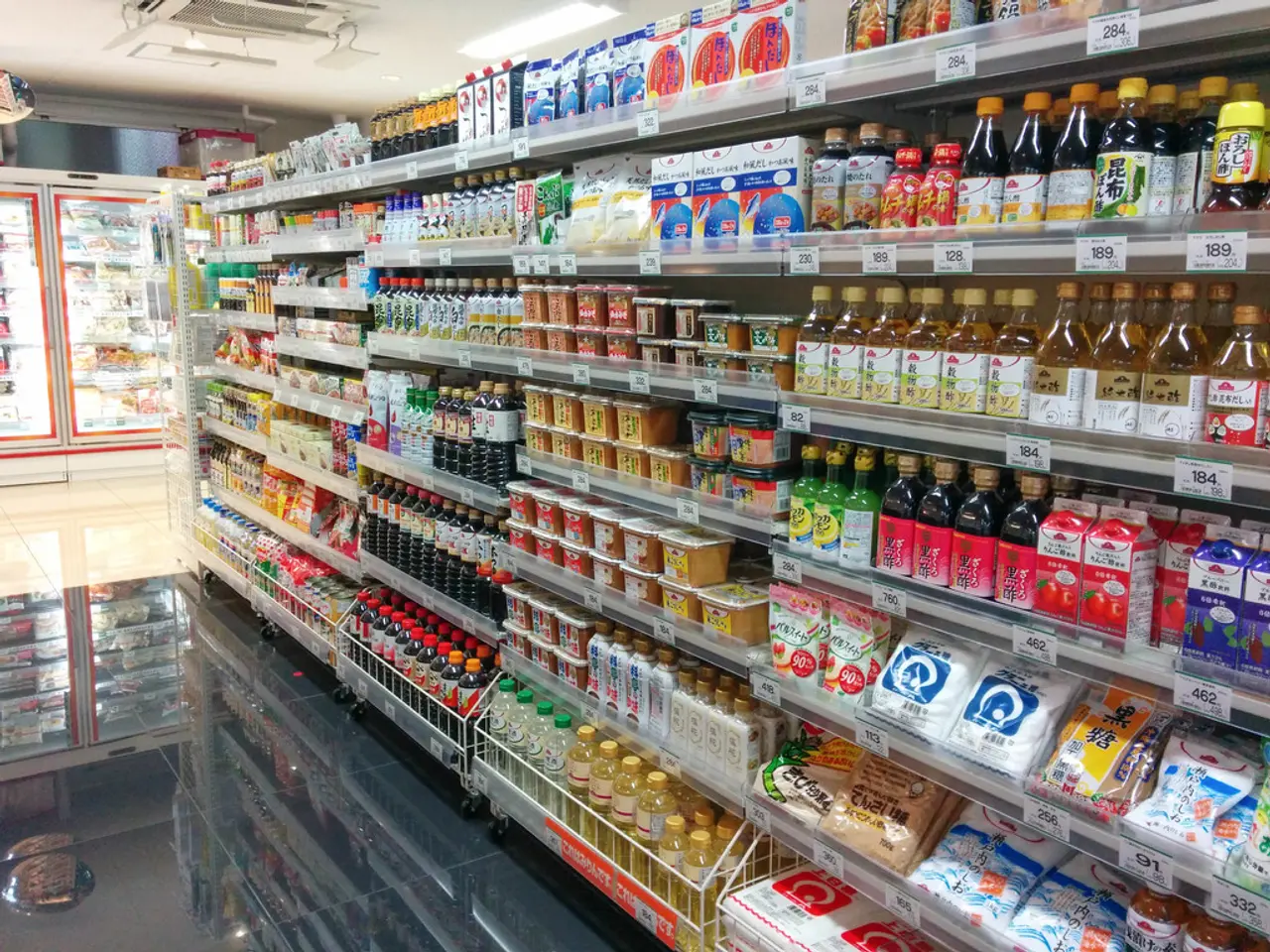Prices for consumers in Istanbul increased by 2.6% in July.
In the bustling city of Istanbul, consumer prices continue to rise, with the latest figures from the Turkish Statistical Institute (TÜIK) showing a 42.48% increase compared to the same month last year. This is slightly lower than the 44.38% increase in June but still significantly higher than the national average.
The Istanbul Chamber of Commerce (İTO) reports that housing and utility costs, particularly maintenance fees for apartments, have become a major burden, with monthly fees reaching approximately 20,000 Turkish Lira (~$700 USD). This, coupled with ongoing high inflation in food and basic goods, has contributed to the sharp price increases in Istanbul.
Transport costs in the city also saw a 0.5% month-on-month increase, while clothing and footwear, restaurants and hotels, and food and non-alcoholic beverages experienced marginal changes. Among the categories with the sharpest monthly increases were health, housing, and alcohol and tobacco. Entertainment and culture prices also rose by 0.6%.
In comparison, the official consumer price inflation at the national level stood at about 34% year-on-year in July, down from 44% at the end of 2024. This figure aligns with statements made by Treasury and Finance Minister Mehmet Simsek, who forecasts national inflation easing to 33.5% and a target to bring it below 30% by the end of 2025.
However, independent sources like the Inflation Research Group (ENAG) argue that the real inflation rate could be much higher—65.15% annually nationwide in July—with a monthly increase of 3.75%. This suggests ongoing cost-of-living pressures that may be underreported by official statistics.
The high consumer price increase in Istanbul can be attributed to several factors, including earlier surges in inflation due to unorthodox monetary policies, recent government price increases, automatic hikes in special consumption taxes on commodities, and seasonal factors influencing energy and food prices. Istanbul's status as Turkey’s largest city and economic hub exacerbates these issues due to intense demand and supply dynamics.
Despite the challenges, Istanbul continues to be a vibrant and dynamic city, offering a unique blend of history, culture, and modern life. As the Turkish government and economy navigate these economic pressures, residents and visitors alike will continue to find ways to adapt and thrive in this remarkable city.
The finance minister, Mehmet Simsek, projects a decreasing national inflation rate, with a target to bring it below 30% by the end of 2025. Meanwhile, independent sources like the Inflation Research Group (ENAG) estimate a significantly higher real inflation rate, suggesting ongoing cost-of-living pressures that may be underreported by official statistics. Furthermore, the high consumer price increase in Istanbul can be linked to various factors influencing finance, such as unorthodox monetary policies, government price increases, special consumption taxes, and seasonal factors.




